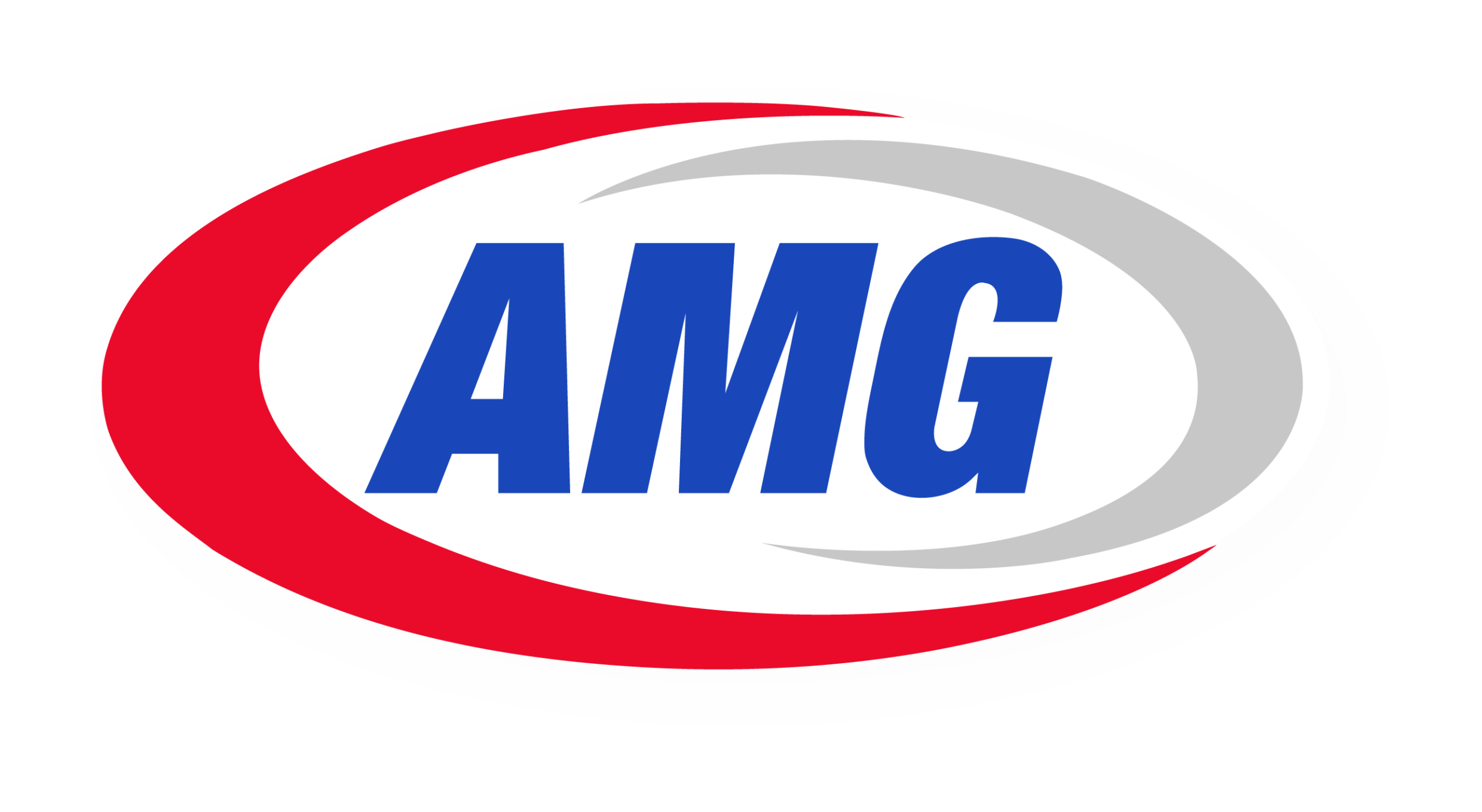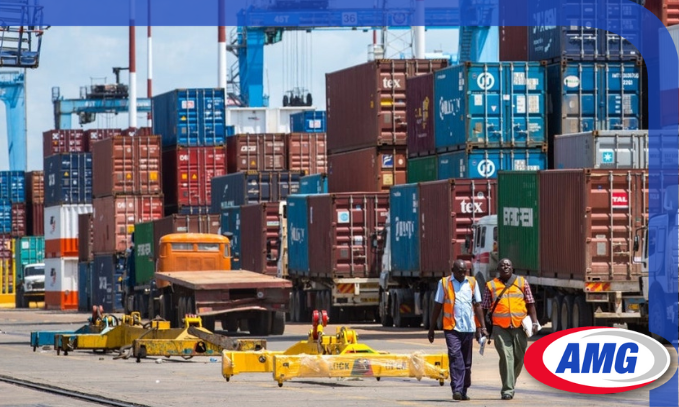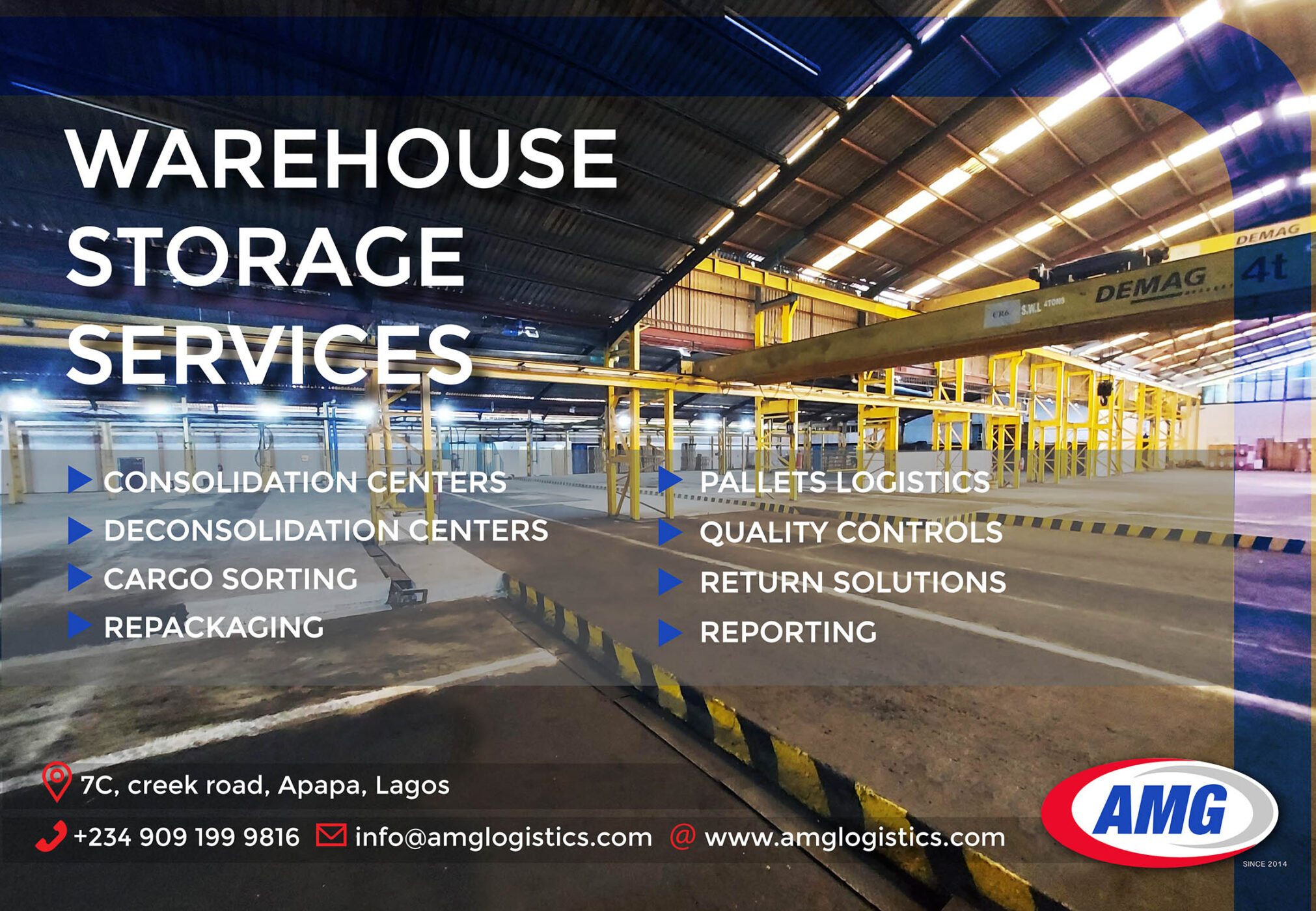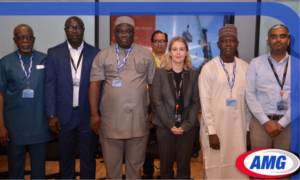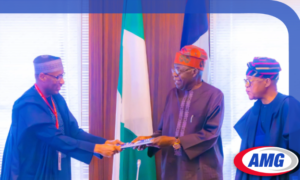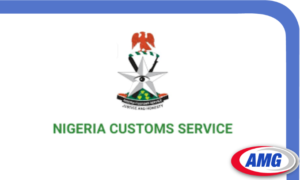The Nigeria Custom Service (NCS) has launched Advance Ruling System to provide information on requirements to import products into the country.
This was done as part of the ongoing efforts to improve trade operations, increase revenue and ensure ease of doing business in and around the ports
The system, launched with the support of German Government is within the framework of the Nigerian Energy Support Programme (NESP), a technical Assistance programme co-funded by the European Union (EU) and the German Federal Ministry for Economic Cooperation and Development (BMZ) and implemented by the Deutsche Gesellschaft für Internationale Zusammenarbeit (GIZ) in collaboration with the Federal Ministry of Power (FMP).
The Comptroller-General of Customs Adewale Adeniyi during a stakeholders meeting in Nigeria’s capital Abuja said the program which is part of other innovations already developed will boost the nation’s revenue and foster economic growth.
The Comptroller-General said the system will reduce uncertainty and increase predictability in trade, adding that the path toward implementing Advanced Ruling in Nigeria has been fraught with challenges and setbacks.
“The system, when implemented will provide clarity and transparency, ensure predictability of import/export costs and minimize disputes in customs clearance procedure especially on tariff classification, customs valuation and rules of origin.
“In the coming weeks, we will be conducting workshops and sensitization sessions in various customs area commands to ensure that all stakeholders are well informed to utilize this mechanism effectively,” he said
In his goodwill message, the Country Director, GIZ Nigeria and ECOWAS, represented by the NESP Head of Programme, Duke Benjamin commended the Nigeria Customs Service on the launch.
While reiterating GIZ’s continued support to the Nigeria Custom Service through NESP, he stated that, “we remain committed to supporting the NCS in its bid to create an enabling environment for the importation of RE and EE equipment”.
The Advance Ruling System, which is a provision in Article III of the World Trade Organisation Trade Facilitation Agreement (TFA) seeks to ensure that relevant information of trade procedures, Customs rules and requirements are easily accessible to economic operators, which as a result will reduce uncertainty and increase predictability in trade.
The system, when implemented, will provide clarity and transparency, ensure predictability of import/export costs, and minimize disputes in Customs clearance procedure especially on tariff classification, Customs valuation, and rules of origin.
